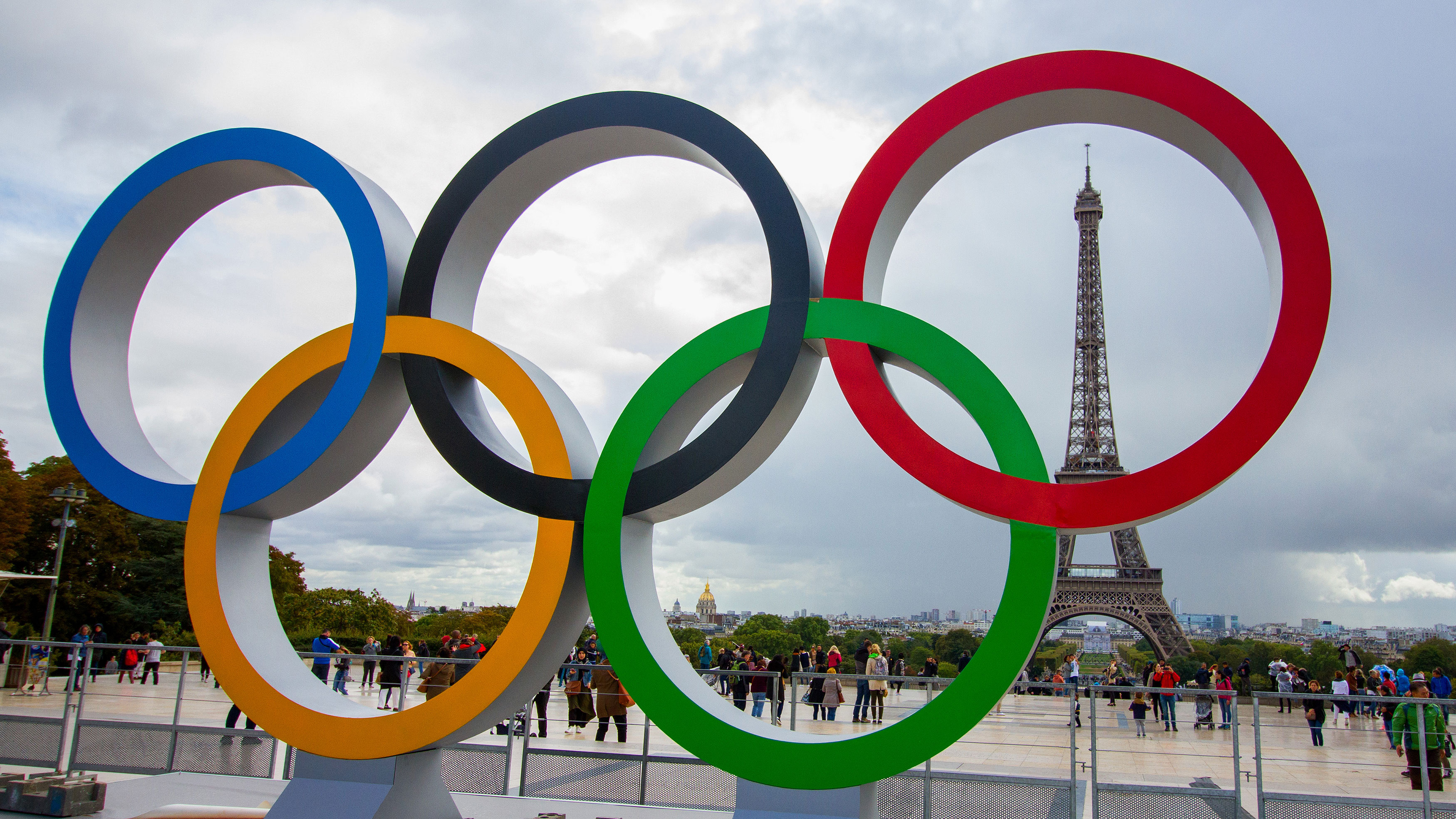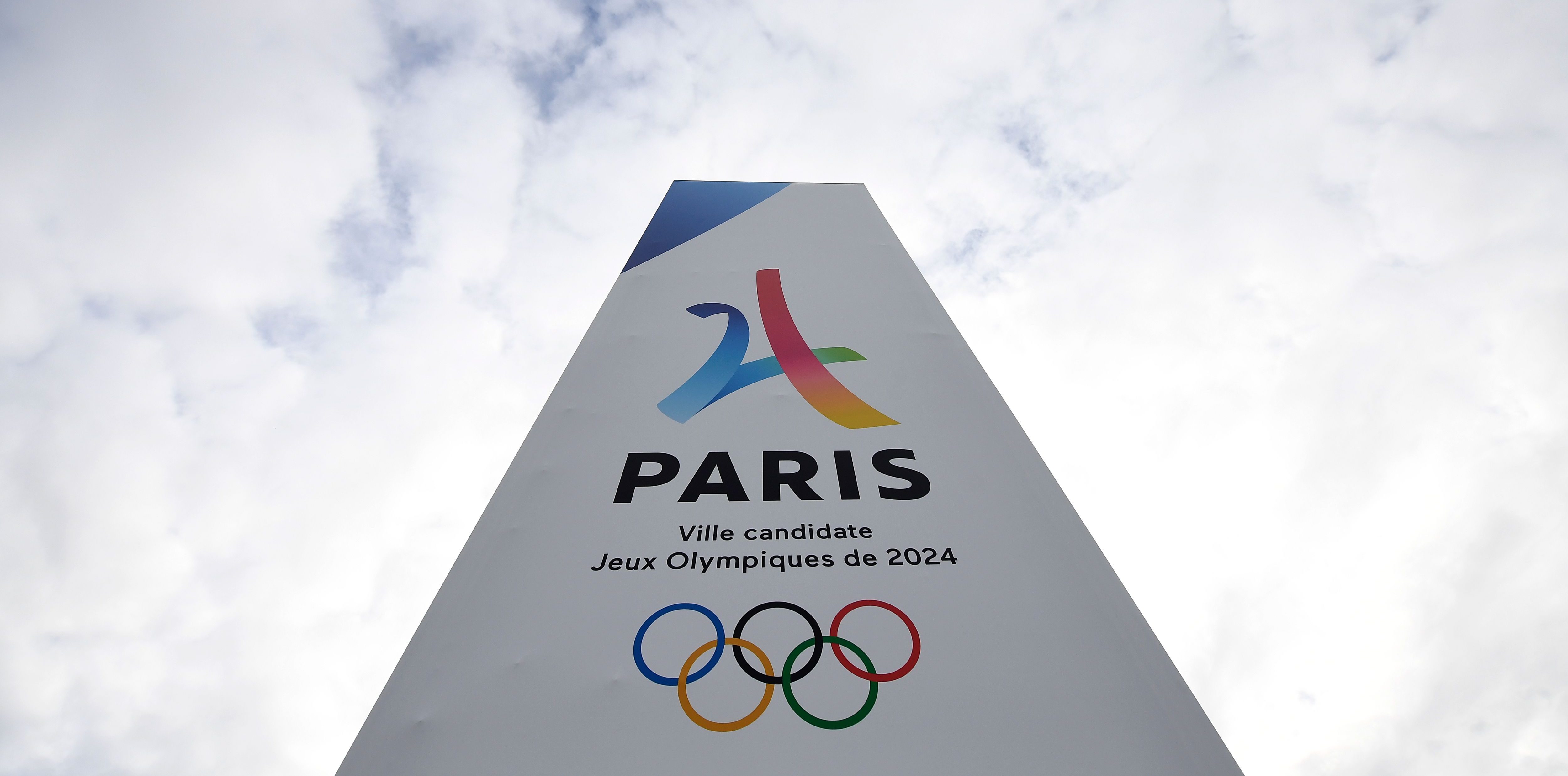It's time for the world's strongest athletes to show how much they can lift.
Olympic weightlifting — also referred to as just weightlifting — will be on the cards for the 2024 Paris Games.
It's a competition that has been dominated by two countries, though Team USA is not one of them.
Can the U.S. turn things around in Paris and bridge the gap against the top two nations in weightlifting? Here's everything to know about the competition for the 2024 Olympics in Paris:
Get top local stories in San Diego delivered to you every morning. >Sign up for NBC San Diego's News Headlines newsletter.
What is Olympic weightlifting?
Weightlifting at the Olympics is simple. Men and women compete against the same gender across five different weight classes using two different lift techniques. Competitors perform each lift three times, and their best lift in each are combined to produce their overall score. The competitors with the highest-combined scores seize the medals.
When did Olympic weightlifting become a sport?
Men first competed in weightlifting at the 1896 Olympics in Athens, Greece, but it didn't become a regular event in the competition until 1920 in Antwerp, Belgium.
Women's weightlifting at the Olympics first began at the 2000 Games in Sydney, Australia.
What are the lifts used in Olympic weightlifting?
As aforementioned, weightlifting at the Olympics judges competitors based on how they perform two lifts: the snatch and the clean and jerk.
The snatch involves lifting the bar from the floor to above the head in one movement. The clean and jerk combines two lifts. The first part is taking the bar from the floor to the front of the shoulders (the clean) and the second is then lifting it from the shoulders to above the head (the jerk).
The clean and press lift was the third type formerly used in the competition, but it was halted in 1972 due to difficulties in scrutinizing proper technique.
What are the weight classes in Olympic weightlifting?
There are five different weight classes for both men's and women's weightlifting. Here's a look at each:
Men's weightlifting classes
- 134 lbs
- 161 lbs
- 196 lbs
- 225 lbs
- 225+ lbs
Women's weightlifting classes
- 108 lbs
- 130 lbs
- 157 lbs
- 179 lbs
- 179+ lbs
Which country has the most medals in Olympic weightlifting?
Two nations are tied at the top for most medals in weightlifting in both men's and women's competitions. Here's a look at the top 10:
T-1. Soviet Union: 62 (39 gold)
T-1. China: 62 (38 gold)
3. United States: 44 (16 gold)
4. Bulgaria: 37 (12 gold)
5. Poland: 34 (six gold)
6. Germany: 22 (six gold)
T-7. Iran: 20 (nine gold)
T-7. Hungary: 20 (two gold)
T-9. North Korea: 18 (five gold)
T-9. Russia: 18 (five gold)
Which weightlifter has the most Olympic medals?
In terms of individual performances, Pyrros Dimas of Greece has won the most men's weightlifting medals with four. He won three gold medals and a bronze from 1992 to 2004. Eight other men are tied with three medals each.
On the women's side, there are three weightlifters tied with two each: Chen Yanqing (China), Hsu Shu-ching (Chinese Taipei) and Rim Jong-Sim (North Korea). All three have two gold medals to their respective names.
Who won the most weightlifting medals at the Tokyo Olympics?
The Tokyo Olympics held in 2021 saw China dominate, winning eight total medals across both competitions (seven gold, one silver). Indonesia and Italy won three each for the second-best mark, but none were gold.
The United States, for comparison's sake, claimed two medals: one silver and one bronze. Both came from the women's side.
Weightlifting schedule at the 2024 Olympics in Paris
Weightlifting events will be held from Aug. 7-11 at South Paris Arena.





